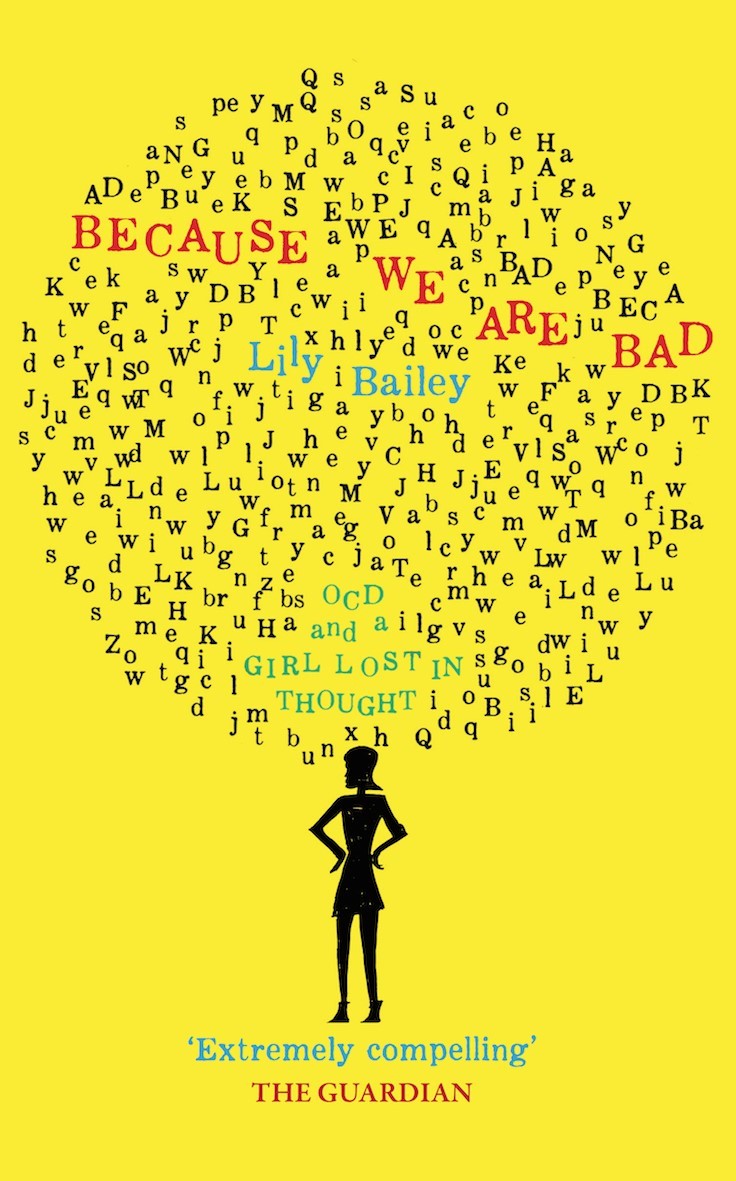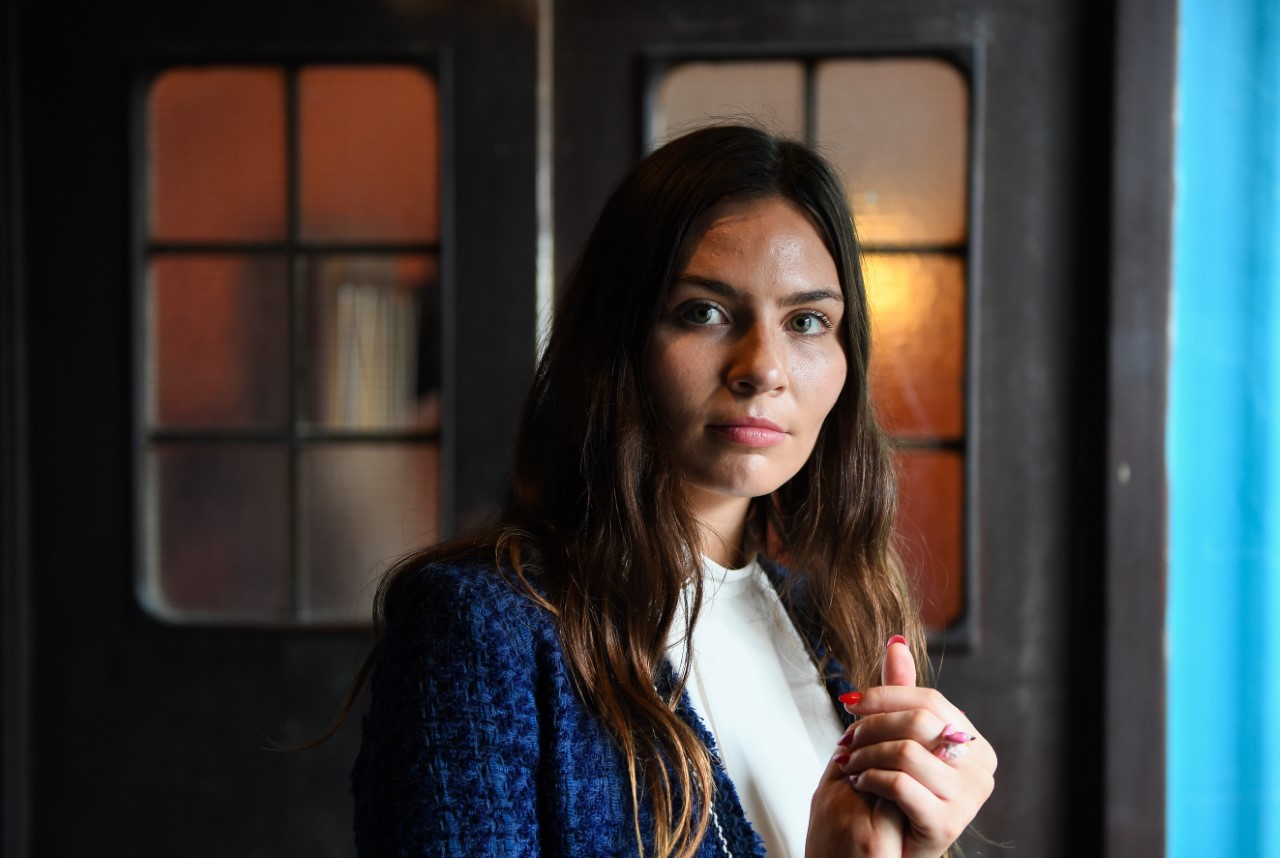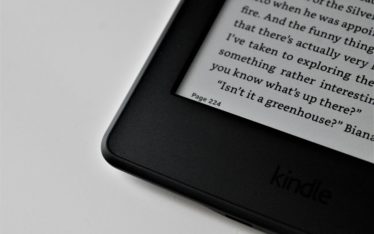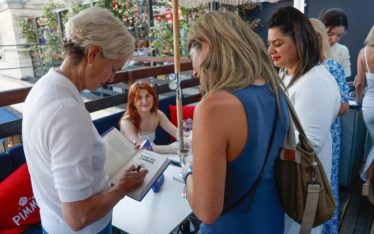“By the age of 13 Lily’s was anything but model behaviour. She had committed the most heinous of crimes… in her head” – our Culture Editor Janie Smith caught up with the model and tackling OCD as she prepares for Wimbledon BookFest 2019…
You might be forgiven for thinking that a memoir written by a 20-year-old would be lacking in anything worth reading and, probably, in many cases you would be correct. However, if you only read one 20-year-old’s memoir, make it Lily Bailey’s as she recounts her incredibly moving struggles with OCD in Because We Are Bad: OCD and a Girl Lost in Thought.
JS: If you Google ‘Lily Bailey’, you are described as a journalist, model and writer. How would you describe yourself?
LB: Right now, I am a model and writer. I was a young journalist for a while mainly working on local publications in the Merton and Wandsworth area, writing about local news.
JS: Your story is incredibly moving and chilling at times. It is hard to imagine that there are around one million sufferers of OCD in the United Kingdom. How, as a young girl, did you cope with your illness, especially as it remained undiagnosed until you were sixteen?
LB: Looking back, I have no idea how I survived! I think that children accept the circumstances that they are given. Children are real survivors, even those who are removed form abusive homes still love and want their parents. It is what they know. As I got older, I realised that my goal was to conceal, I completely detached from it for fear of being called “crazy”.

JS: You were very young when you wrote your memoir, how did you find the process?
LB: To be honest, I didn’t want to do it, but I was really fed up with the media view of OCD. It is not cute; it is hideously intrusive. I began to write a blog and tweeted to try and right the misconceptions. I was so frustrated! I was approached by Canbury Press, a Kingston-based publishing house. I didn’t know if I could do it. Being offered a contract at such a young age was unheard of: no-one gets a book deal at that age! Once I got used to the idea, I knew I should do it.
JS: Was the writing process therapy for you, a self-help book for others or a happy combination of both?
LB: It wasn’t therapeutic at all and nor would I call it a self-help book, although there are some helpful tips in it. I didn’t want it to be a sob story or a work of fiction. It is just an honest account of my life with OCD. If it helps others that is fantastic.
JS: What kind of response have you had to your book?
LB: The response has been incredibly positive. Recently, I visited Texas as I was awarded the Illumination Award from the International OCD Foundation, an US organisation. It is awarded to the advocate of the year.
Delegates were coming up to meet in tears, thanking me for my book. It was quite overwhelming.
JS: If any of our readers recognise themselves in your book or believe that they may have OCD what tips would you give them?
LB: Make your first port of call your GP. The best evidence is that CBT is the most successful treatment for OCD. It possible to fully recover or at the very least leave CBT with an emotional toolkit for coping. Unfortunately, there are long waiting lists for the NHS. I have heard of patients waiting from eight to eighteen months to start therapy. If you are lucky enough to be able to pay privately, I would recommend doing that, however, I realise that isn’t possible for everyone. Whilst waiting for your first appointment get a book about the illness and begin educating and helping yourself.
To see Lily Bailey at the Wimbledon Book Festival, book your tickets here>
Lily is on Twitter @lilybaileyuk
Useful web addresses: OCD UK; OCD Action
Written By: Janie Smith | Arts & Culture Editor
Twitter: @SW19Culture
Instagram: @SW19Culture
Email: cultureeditor@ladywimbledon.com






